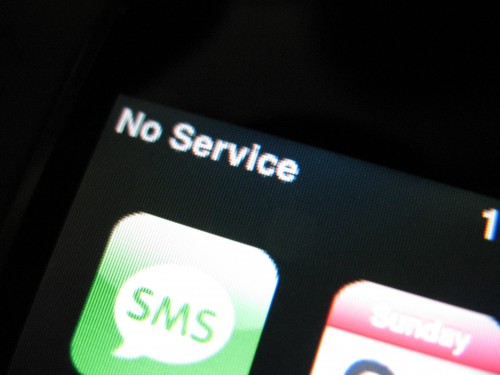Hello fellow bloggers! Today I want to give you some helpful tips and tricks for using Twittr.com. Twittr, also called Twitter or http://www.Twitter.com, is like Friendster but not as good. (They’re working on it!) Twittr is a social network based off of the Alfred Hitchcock movie The Birds and only lets you post 140 characters at a time but lets you tweet as many times as you want. The service is fairly limited (the company doesn’t even know what harassment is) but there’s still a lot of options so let’s dive right in!








 I’ve dedicated a few essays to interrogating encryption and automation as a replacement for human judgement, politics, and inter-personal trust. Central to that argument is the observation that the replacement of institutions with technologies like blockchains are a rehashing of the arguments that set up those failing institutions in the first place. (You can read the full argument
I’ve dedicated a few essays to interrogating encryption and automation as a replacement for human judgement, politics, and inter-personal trust. Central to that argument is the observation that the replacement of institutions with technologies like blockchains are a rehashing of the arguments that set up those failing institutions in the first place. (You can read the full argument 


